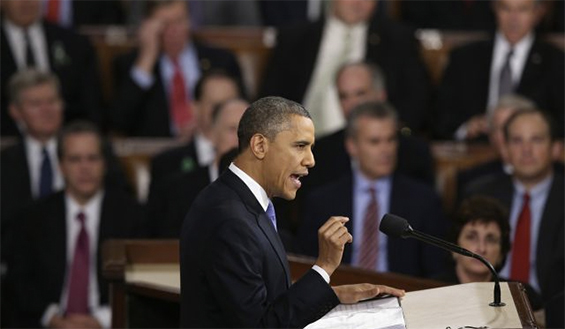
California Community College leaders recently voted to implement a new system for the evaluation of the 113 community colleges in the state.
In a unanimous vote, the system’s Board of Governors agreed to put an end to the accrediting commission that is currently considering shutting down City College of San Francisco. The resolution would require Chancellor Brice W. Harris to report back to the board in March with details and a timeline for the improvement of the accreditation process.
However, any new accreditor would need to be phased in, writes Molly Hensley-Clancy of BuzzFeed. The process could end up taking several years to complete, as each of the 113 community colleges in the state are reviewed for accreditation every six years. In addition, any changes made would need to be approved by the US Department of Education.
“The Board of Governors is looking to the future needs of our colleges and striving to ensure the highest level of quality for the 2.1 million students we serve,” board President Geoffrey Baum said in a statement after the vote. “There is widespread agreement among faculty, staff, trustees and other leaders within our system that the current accreditation process needs significant improvement. We look forward to examining a proposal for change early next year.”
Board member Joseph Bielanski Jr. did not participate in the vote because he also serves on the accrediting commission.
Harris told the board he had received over 200 letters from a number of groups representing faculty, staff and students in support of replacing the commission.
The vote comes after a task force report released in August found the current accreditor, the Accrediting Commission for Community and Junior Colleges, to have lost its credibility with faculty, staff, students and trustees. The 270-page Task Force on Accreditation report went on to say that the commission is too vindictive in its treatment of colleges and cares about minute details rather than helping colleges to improve, writes Nanette Asimov for SFGate.
Critics have continually argued that the commission doles out more sanctions on California colleges than does other accrediting agencies across the country. The issue came to a head as the panel tried to take accreditation from City College of San Francisco, which would effectively shut down the school. As a result, the agency gave the school, one of the largest community colleges in the state, more time to fix its financial and management problems, writes Carla Rivera for The Los Angeles Times. The commission is set to take a second look at the school’s standing in 2017.
Laura Dudnick writes in the San Francisco Examiner that the peer-review panel maintains that they are only working to uphold standards in order to benefit students and the public. More recently, it has worked to improve transparency and communications, claiming it is trying to cooperate with colleges to improve quality.




